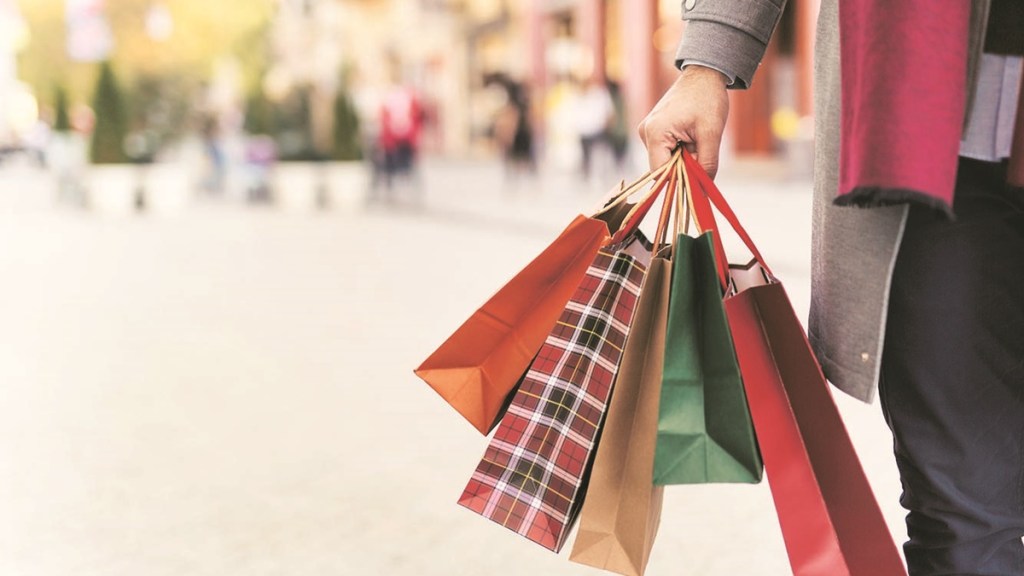By Porus Doctor
With anxiety and concerns surrounding Covid-19 ebbing rapidly, Indian consumers have shown a keenness to loosen their purse strings to spend more during the upcoming festive season. The trends emerging from the recent Wave 34 of Deloitte’s Global State of Consumer Tracker indicate a shift in current consumer mindset:
(1) Higher wallet share allocated for discretionary items: Public perception seems to indicate that the worst of the pandemic is over and global anxiety levels are low. Surveyed consumers plan to reserve a higher wallet share for discretionary items for the upcoming festive season — largely for clothing (13%); electronics and home furnishings (10%); and recreation, entertainment, and leisure activities (13%).
(2) People resuming the use of public transport: Keen-but-cautious travellers are again seen queuing up at metro and railway stations, and airports. The opening up of corporate offices also increased the use of public transport for daily commute. With events, conferences, exhibitions, tradeshows, and on-site visits making a comeback, corporate travel is gradually gaining momentum.
(3) A ray of hope for the automotive sector: Although more-than-half of the surveyed consumers are still hesitant to make large purchases, they have plans to acquire either an old or a new vehicle this festive season. Festive vibes, lucrative offers, and availability of semiconductor chips are fuelling the automotive demand.
(4) Increased spending on travel and leisure: With companies moving to hybrid working models, working people have a greater flexibility to take workcations (working vacation), staycations, and weekend trips. Despite higher ticket and hotel costs, consumers are willing to spend on travel, offering a much-needed relief to the travel industry.
(5) Focus on sustainable products: One way the consumer industry can make a lasting impact on the environment and future generations is by offering “sustainable, environment-friendly products”. However, these sustainable products have a “green premium” that at present only higher-income consumers are willing to pay. These products run the risk of becoming unviable for low-and-middle income consumers, if consumer companies fail to come up with sustainable cost-effective options.
In conclusion, the economy is gradually opening up, but consumer behaviour will not revert to what it was before the pandemic.
The festive season is triggering consumers to spend more in the short term. Is this trend here to stay? It is something that only future will unfold for consumer companies. One key to winning the battle amidst shifting business realities is tapping transforming consumer behaviour without losing sight of their financial wellbeing.
The author is partner & consumer industry leader, Deloitte Touche Tohmatsu India LLP
Also Read: ON THE SPOT: Perfect blend of emotions, counter-culture & nostalgia


